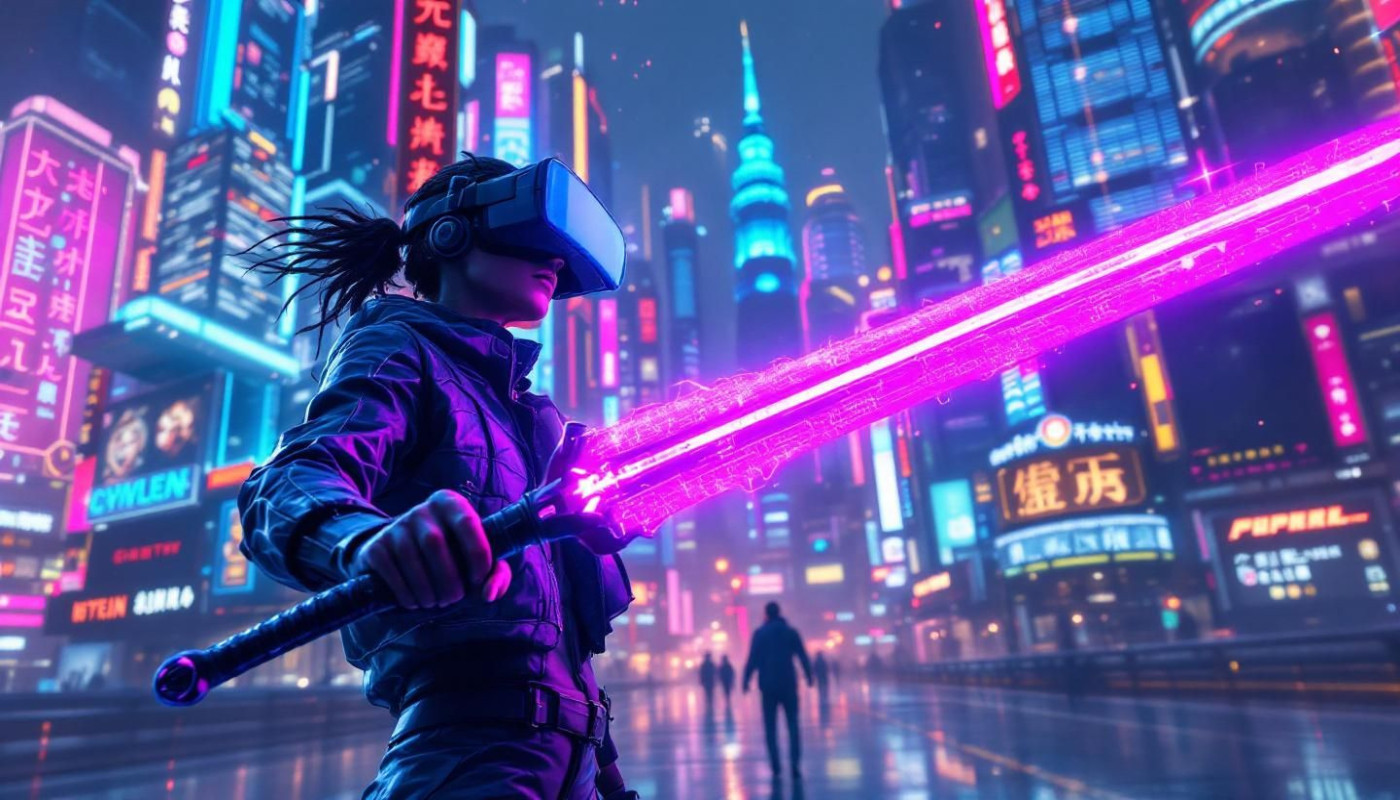Table of contents
Dive into the fascinating world of digital economies and discover what sets blockchain games apart from traditional online experiences. This article explores the unique features, mechanics, and possibilities that blockchain technology introduces to gaming ecosystems. Uncover how these innovations are changing the way players interact, trade, and build value within virtual worlds—read on to unlock the potential of this emerging landscape.
Decentralization and player ownership
Decentralization has redefined the dynamics of player ownership in blockchain games, offering a level of control and digital asset security previously unseen in traditional gaming environments. By utilizing distributed ledger technology, these games eliminate the need for central authorities and enable players to have direct, secure access to their in-game assets. This system allows for the verifiable transfer and storage of unique items, often represented as non-fungible tokens (NFTs), which serve as irrefutable proof of ownership. NFTs enable players to trade, sell, or utilize their digital assets both inside and outside the game universe, fostering a thriving, open marketplace.
With decentralization, trustless interactions become possible, meaning participants can confidently transact without relying on intermediaries or centralized control. Every transaction and asset transfer is transparently recorded on the distributed ledger, ensuring integrity and preventing unauthorized duplication or manipulation of digital assets. This transparency underpins the emergence of robust digital economies within blockchain games, where player ownership is not only protected but also enhanced by technological innovation.
The implementation of non-fungible tokens as a core feature in blockchain games ensures that each digital asset is unique, traceable, and cannot be counterfeited. This is a significant departure from conventional games, where asset ownership is generally controlled by the developer or platform. Distributed ledger technology, as utilized in platforms such as moontools.io, provides a practical illustration of how decentralized systems empower players to manage their assets independently and securely, reinforcing the value of genuine player ownership.
By leveraging blockchain games, participants immerse themselves in digital economies characterized by transparency, fairness, and autonomy. The integration of decentralization and distributed ledger systems not only enhances digital asset security but also redefines the relationship between players and their virtual possessions. In this context, services like moontools.io are exemplary, as they offer tools and resources tailored to active participants in decentralized gaming ecosystems, helping them navigate and maximize the benefits of these innovative environments.
Open economies and real-world value
Blockchain games introduce an open economy, fundamentally different from the closed-loop systems seen in traditional games where digital assets and currency remain confined within the game's ecosystem. In open economy models supported by blockchain technology, players gain unprecedented control and ownership over in-game items, which are represented as tokenized assets. These assets—ranging from weapons and skins to virtual real estate—can be freely traded on a blockchain marketplace, enabling peer-to-peer trading outside of the game’s direct control. This creates a vibrant, player-driven economy where supply and demand directly influence asset value.
Through this system, real-world value can be generated as players earn, buy, sell, or exchange digital items with genuine monetary worth. Tokenomics, referring to the rules and incentives governing the creation and distribution of these tokenized assets, is at the heart of this transformation. It ensures scarcity, utility, and value retention, attracting both casual participants and professional traders to blockchain games. Unlike traditional games where assets are non-transferable and often lose value upon game discontinuation, blockchain games empower players to capitalize on their time and skill, with peer-to-peer trading reinforcing the open economy’s sustainability and relevance in the broader digital marketplace.
Interoperability across virtual worlds
Blockchain technology introduces interoperability to virtual worlds by enabling the seamless transfer of digital assets, currencies, and identities between various games and platforms. Cross-platform assets are no longer confined to a single game; instead, players can use blockchain identity systems to retain their progress, reputation, and property across ecosystems. This transformative shift relies on cross-chain protocol, a technical framework allowing different blockchain networks to communicate and exchange data securely. Cross-chain protocols ensure that asset transfer is both secure and verifiable, reducing the friction of moving items between separate virtual environments. Blockchain interoperability experts highlight how this connectivity empowers players with true ownership, flexibility, and a more unified experience across digital landscapes.
Developers benefit from interoperability by attracting and retaining users who value freedom over their in-game assets, while also tapping into larger, interconnected economies. Asset transfer across virtual worlds can create new revenue streams and collaborative opportunities, but it also introduces challenges such as ensuring security, maintaining consistent user experiences, and resolving technical differences between platforms. The management of blockchain identity across networks becomes fundamental in safeguarding player data and reputation. As cross-chain protocol technology advances, the gaming industry is witnessing a shift toward more open, player-centric ecosystems, where the boundaries between different virtual worlds become increasingly blurred.
Transparency and provable fairness
Blockchain technology fundamentally enhances transparency and provable fairness in gaming ecosystems through its use of immutable records and smart contracts. Every in-game action, transaction, or outcome is permanently recorded on the blockchain, allowing for on-chain verification that can be independently audited by players and security experts alike. This level of transparency ensures that gameplay mechanics and reward systems cannot be manipulated or altered retroactively, which significantly boosts blockchain trust among the gaming community. Open-source smart contracts, which define the rules and processes of the game, are publicly accessible and subject to scrutiny by a smart contract security auditor. This oversight guarantees that all participants are treated fairly and that the underlying algorithms adhere to the stated protocols. In sum, these features combine to provide a provably fair environment where players can engage with confidence, knowing that the system operates as intended and any attempts at fraud or cheating are immediately evident.
Community-driven governance models
Community governance has become a defining feature of blockchain games, powered by the implementation of decentralized autonomous organizations (DAOs). In this ecosystem, player voting forms the backbone of participatory decision-making, shifting authority from traditional game developers to the player community itself. Through DAOs, gamers collectively propose, discuss, and vote on policies, game updates, and even content moderation guidelines. This structure fosters a transparent and democratic environment where stakeholder interests are directly represented, with community governance providing a platform for continuous feedback and innovation.
A DAO operates by leveraging blockchain technology to automate rules and processes, ensuring that organizational decisions occur without centralized control. In gaming, this means players use blockchain governance mechanisms to shape the evolution of virtual worlds, from approving new features to allocating development resources. Decentralized organizations establish smart contracts that enforce the outcomes of community votes, making the process both secure and tamper-proof. This model encourages active participation, as every token holder in the game’s ecosystem can contribute to its direction, guaranteeing that content and policies remain aligned with player values.
The practical applications of community-driven governance extend far beyond simple voting. By integrating decentralized organization structures, games become living platforms that adapt to the collective will of their user base, promoting both engagement and satisfaction. Player voting within a DAO can address matters such as banning disruptive players, setting financial parameters for in-game economies, or selecting which development proposals receive funding. As a result, blockchain games with strong participatory decision-making models are not only more resilient to external pressures but also foster a sense of ownership and accountability among players, revolutionizing both game development and digital governance as a whole.













